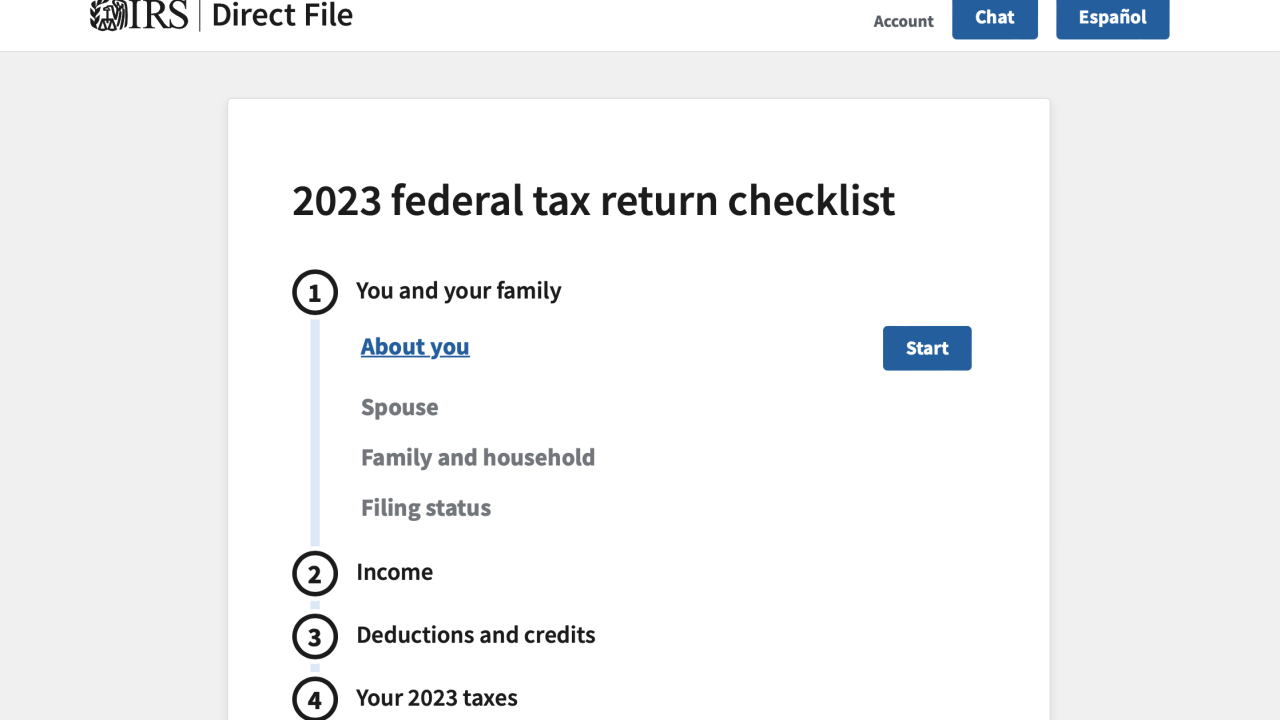(Bloomberg) The National Football League’s central office will become a taxable entity, ending its tax-exempt status in a move with minimal financial effect and significant symbolic value.
Commissioner Roger Goodell informed team owners and members of the U.S. Congress of the decision in letters dated Tuesday, saying he was eliminating a “distraction.”
“Every dollar of income generated through television rights fees, licensing agreements, sponsorships, ticket sales, and other means is earned by the 32 clubs and is taxable there,” Goodell wrote. “This will remain the case even when the league office and Management Council file returns as taxable entities, and the change in filing status will make no material difference to our business.”
The league’s decision pre-empts a move by lawmakers to revoke the tax break, which has gained some momentum in recent years though not enough to pass either the House or the Senate. It removes a point of leverage for Congress in its continuing inquiries into the league’s handling of concussions and domestic violence.
For the NFL, the costs of losing the tax break are minimal, an estimated $109 million over the next decade. There are benefits too, including the end of federal disclosure requirements that put Goodell’s salary and some other league information in the public domain.
Tax Returns
The U.S. requires that nonprofit groups file annual federal tax returns and make portions of them public. Goodell received $35 million in salary and bonuses in 2013.
The NFL is the biggest sports league in the U.S., with a record $10 billion in revenue in 2013, up from $7 billion when Goodell took over as commissioner in 2006. Much of that revenue goes to the teams, which face taxation.
According to Goodell’s letter, the league has been studying its tax status for more than a year and the full ownership approved the decision in March.
“The big question is: Why now?” said Andrew Brandt, former vice president of the Green Bay Packers. Brandt is an NFL business analyst at ESPN television and director of the Jeffrey S. Moorad Center for the Study of Sports Law at Villanova University in Pennsylvania. “It seems like Congress has been making a big deal out of it. Without this status there’s no requirement to disclose, which helps in the PR battle.”
Real Revenue’
“My understanding from having worked in the league is that the status is based on the league office being a pass-through and that the real revenue comes into the clubs,” Brandt said.
The NFL’s move mirrors one made by Major League Baseball in 2007. The National Basketball Association never was tax exempt. The National Hockey League is now the only major professional sports league in North America with the status.
The Internal Revenue Code specifically provides a tax exemption to “professional football leagues” under section 501(c)(6), the same portion of the law used by the U.S. Chamber of Commerce.
The only way to change that would be an act of Congress or a decision by a league to forgo the tax exemption.
“The NFL doesn’t need this public perception headache,” said Paul Swangard, managing director of the Warsaw Sports Marketing Center at the University of Oregon. “With little effect on its bottom line, it was an appropriate move.”
—With assistance from Scott Soshnick and Eben Novy-Williams in New York.





